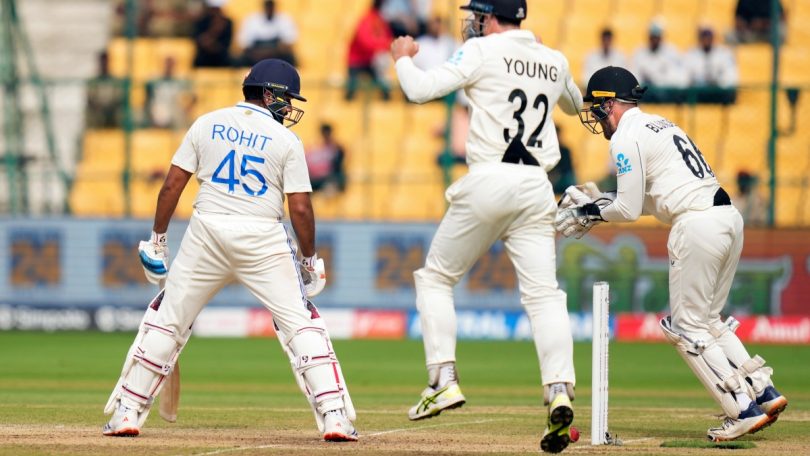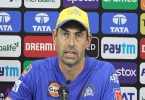Former West Indies captain Clive Lloyd has strongly criticised the idea of introducing a two-tier Test cricket system, which aims to facilitate more matches amongst the “big three” nations—India, Australia, and England. Lloyd believes such a move would be hugely detrimental to teams like the West Indies and other nations that have worked hard to achieve Test status.
The West Indies great expressed deep concern about the potential sidelining of smaller cricketing nations, stating that this proposal undermines the essence of the global game and would negatively impact its growth.
According to The Sydney Morning Herald, ICC Chairman Jay Shah is set to meet with Cricket Australia Chair Mike Baird, England and Wales Cricket Board Chief Richard Thompson, and representatives of the Board of Control for Cricket in India (BCCI) later this month to discuss the details.
“I think it will be terrible for all those countries who work so hard to get to Test match status and now they’ll be playing among themselves in the lower section,” Lloyd was quoted as saying in the Trinidad & Tobago Guardian.
loyd also expressed dismay over former ICC chairman Greg Barclay’s controversial suggestion to disband the West Indies team and have them compete as individual nations. “We (West Indies) have a great history and now you’re going to tell us because of a monetary situation, (we should be disbanded).”
One of the most successful captains in cricket history, Clive Lloyd, attributed the performance gap between the top three nations and the rest to the unequal distribution of funds by the ICC.
“You could imagine they’re talking about dismantling the West Indies, that is not the way to go. The way to go is to give them (West Indies and other teams) the same amount of money so they can improve their facilities, get better systems in place so that they can improve their cricket,” the 80-year-old opined.
He also criticised the structure of the World Test Championship (WTC) cycle, describing it as poorly organized.
The WTC spans two years but excludes three Test-playing nations—Zimbabwe, Afghanistan, and Ireland—while the remaining nine teams do not face each other evenly during the cycle. “It’s not well organised as such because if I am in a Test team, I want to play cricket so I can qualify for that system,” said Lloyd.
“They (ICC and cricket boards) should sit down and have a system where it’s not only T20 cricket. People still want to watch Test cricket and until we get that right, we will all be in this system.”







